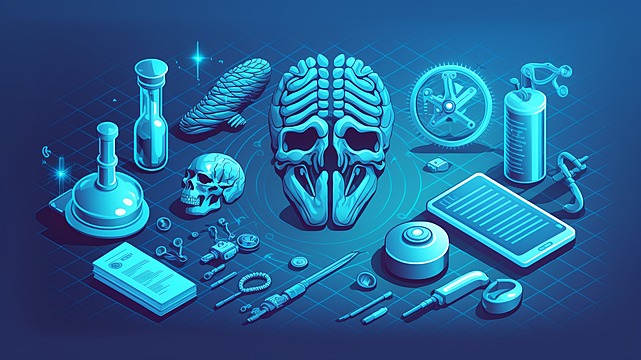PhD in Biology/Biomedical Sciences: Introduction, Admission, Registration, Eligibility, Duration, Fees, Syllabus 2024

Introduction:
A PhD in Biology/Biomedical Sciences is a rigorous program that offers advanced training in biological and medical research. Students in this program delve deep into understanding the fundamental principles of biology and their applications in addressing biomedical challenges. This interdisciplinary field explores various aspects of life sciences, including genetics, biochemistry, physiology, and pathology, with a focus on developing innovative solutions to complex health issues.
Admission Process:
- Submission of a completed application form.
- Academic transcripts demonstrating strong performance in relevant undergraduate and/or master's coursework.
- Letters of recommendation from professors or professionals familiar with the applicant's academic and research capabilities.
- Statement of purpose outlining research interests and career goals.
- GRE scores may be required by some institutions.
- Interview with faculty members or admissions committee.
Eligibility:
- A bachelor's or master's degree in biology, biomedical sciences, or a related field.
- Strong academic background in biological sciences, including coursework in genetics, biochemistry, and physiology.
- Research experience through internships, projects, or publications.
- Proficiency in scientific writing and communication skills.
- Fulfillment of any additional requirements set by the specific institution or program.
Completion Time:
Completing a PhD in Biology/Biomedical Sciences typically takes around 4 to 6 years, depending on factors such as research progress, publication requirements, and program structure. The duration may vary among institutions and individual student circumstances.
Career Opportunities:
- Research Scientist in academia, government research institutes, or biotechnology companies.
- Clinical Research Coordinator or Clinical Trial Manager.
- Biomedical Engineer.
- Pharmaceutical Researcher.
- Medical Science Liaison.
- Academic Professor or Lecturer.
Syllabus:
- Advanced Molecular Biology Techniques.
- Cellular and Molecular Immunology.
- Biomedical Ethics and Regulatory Affairs.
- Bioinformatics and Computational Biology.
- Pharmacology and Drug Discovery.
- Advanced Topics in Biomedical Research.
Internship Opportunities:
- Research internships at academic institutions, hospitals, or pharmaceutical companies.
- Clinical internships in healthcare settings.
- Collaborative projects with industry partners or government agencies.
- Opportunities for international research collaborations.
- Summer research programs at renowned research institutes.
Scholarship and Grants:
- Institutional or departmental scholarships for outstanding students.
- Research grants from government agencies such as the NIH or NSF.
- Fellowships from private foundations or industry sponsors.
- Teaching assistantships or research assistantships offered by the university.
- Travel grants to attend conferences or present research findings.
FAQs:
What are the primary research areas within Biology/Biomedical Sciences?
Research areas include genetics, molecular biology, cell biology, physiology, pharmacology, bioinformatics, immunology, and neurobiology, among others.
How can I find potential research advisors or mentors?
You can explore faculty profiles on university websites, attend departmental seminars and events, and reach out to current graduate students or alumni for recommendations.
What funding options are available for PhD students in this field?
Funding options may include scholarships, grants, fellowships, teaching assistantships, research assistantships, and institutional or departmental funding.
How does the program support professional development and career placement?
Programs often offer professional development workshops, seminars, and networking opportunities. They may also provide career counseling, resume workshops, and connections to industry partners.
What are the expectations for publishing research during the PhD program?
Publishing research findings in peer-reviewed journals is typically expected. The number and quality of publications may vary depending on the program and advisor's expectations.
Are there opportunities for interdisciplinary research collaborations?
Yes, many programs encourage interdisciplinary collaboration, allowing students to work with researchers from other departments or institutions on projects spanning multiple disciplines.
